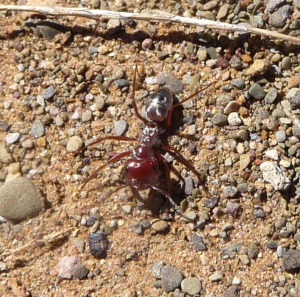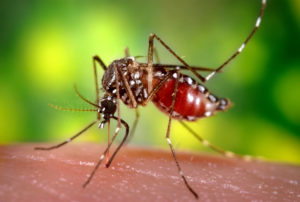On Tuesday 4th February, News Nuggets went on a memorable trip. We all had to get up at 6 o’clock in the morning!
We all had the chance to meet Sir David Attenborough and Boris Johnson. The two groups did three workshops. We talked about landfill with some friendly people, we made mini sand models, we made ‘earth dumplings’ and we saw a projected globe that showed us what it would be like in the future if we didn’t do something about climate change soon. Also, my group got to plant a tree with Sir David Attenborough!
All of this was amazing and I feel very privileged to have gone on this memorable trip, which happened at the Science Museum in London.
Boris Johnson has promised that this year is the year that we do something to help our planet. Can he be trusted to keep his word? We are all hoping that he can. A big conference is due to occur this coming November to discuss the matter; the politicians need to do something.











